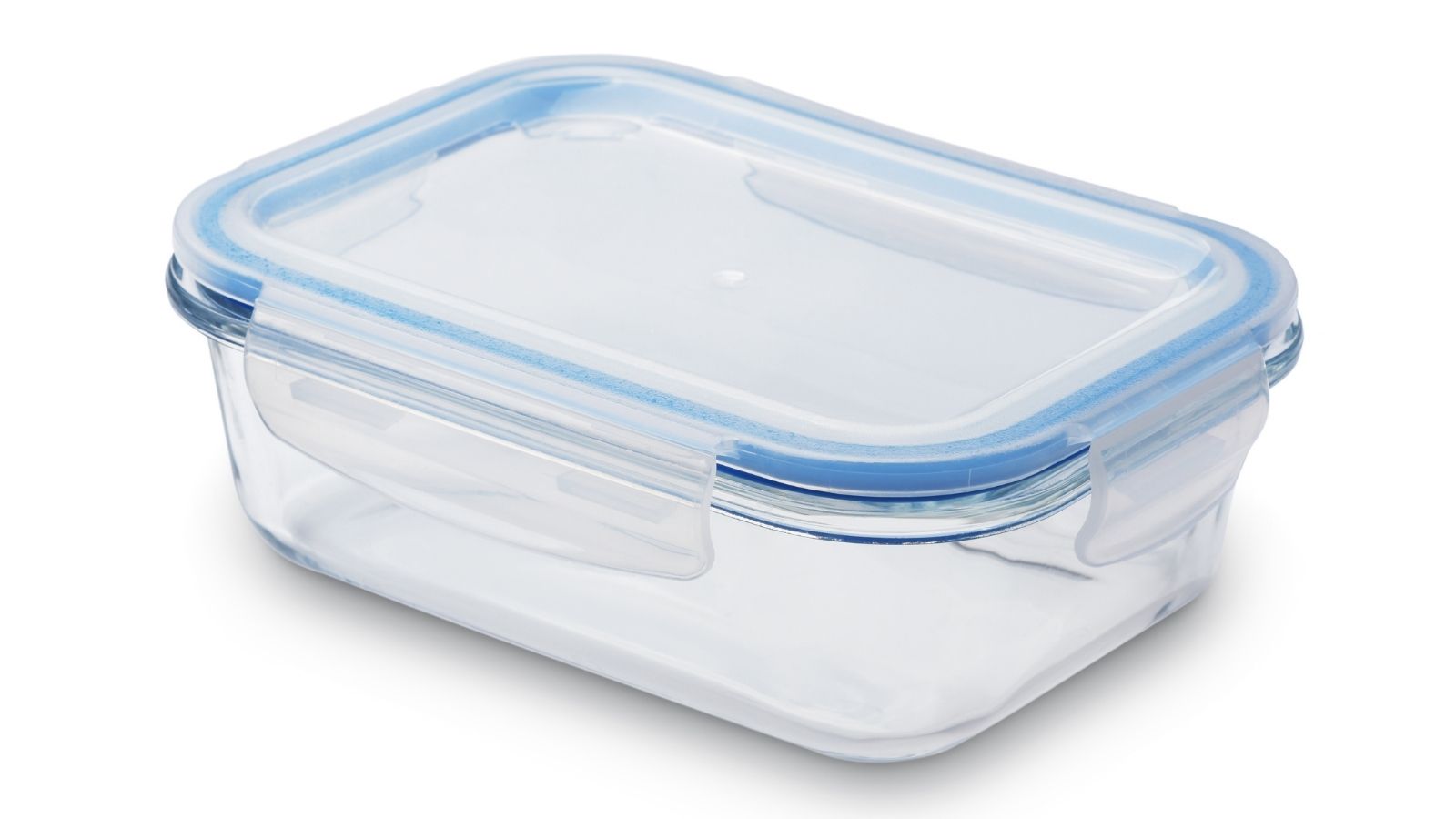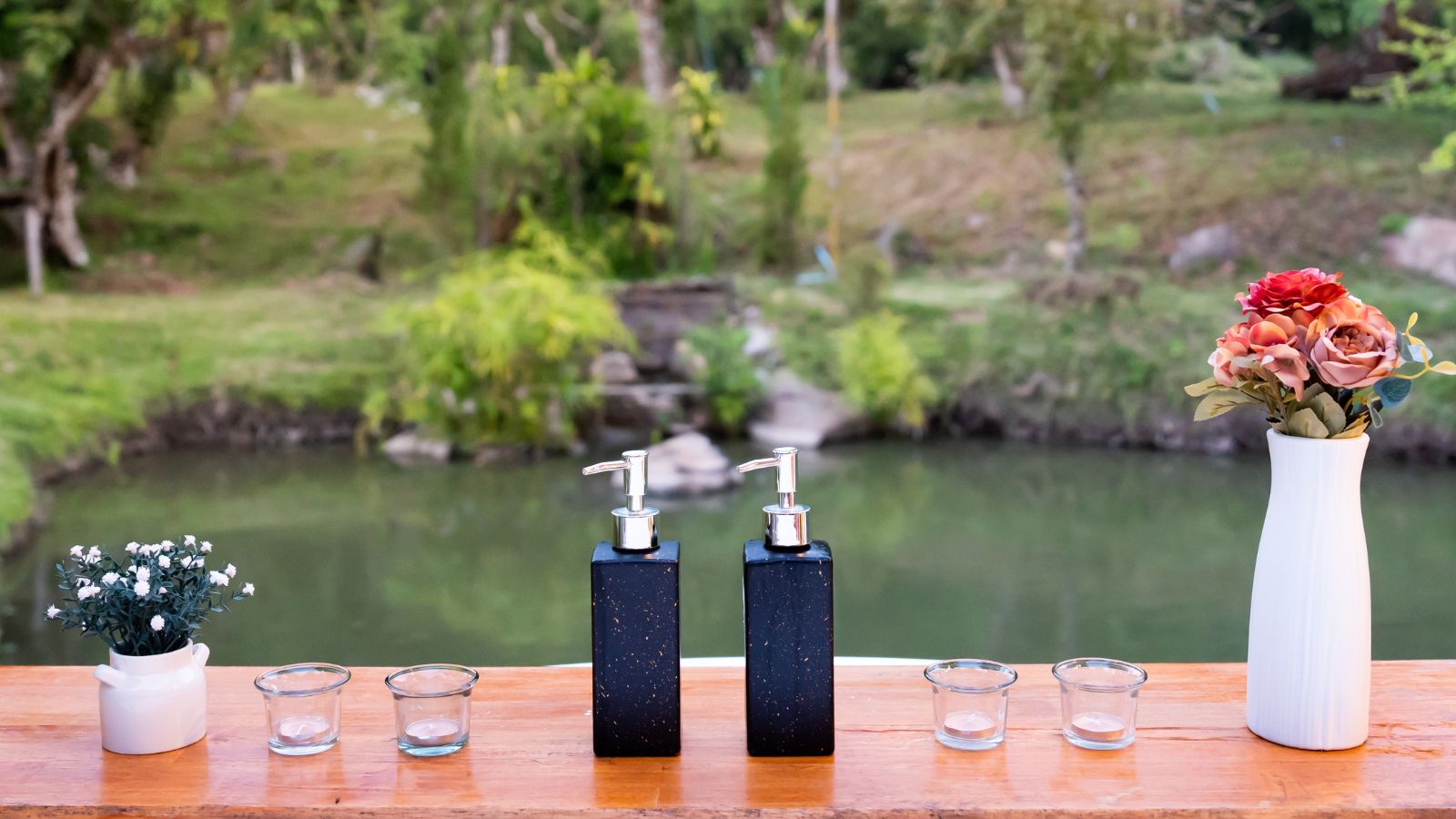Items that we use in everyday life that may appear harmless or even integral to our day-to-day lives can, amazingly, have an impact on our mental state. Some of these things around us are essential, but the wrong or excessive use of them contributes secretly to increasing stress, anxiety, and other psychological problems. Many times, we do not realize what they are doing to our minds until we take the time to step back and observe how they fit into our lives. Here are 12 everyday things that could be quietly hurting your mental health.
Excessive Alcohol

Excessive consumption of alcohol has the potential to influence your mental health and worsen anxiety and depression conditions. While alcohol may seem to decrease stress, in the first instance, it disrupts brain chemistry, leading to mood swings, increased anxiety, and poor sleep. Heavy drinking can aggravate mental health disorders and reduce your capacity to handle emotions and cope with stress.
Smartphones

While they make life easy, they create anxiety, stress, and feelings of inadequacy because of constant notifications and the need to check updates on social media. The pressure to stay connected and the habit of comparing yourself to others online can be detrimental to your mental health.
Blue Light from Screens

The blue light coming from screens such as smartphones, computers, and TVs can affect the production of melatonin within the body, the hormone that regulates sleep. Being exposed to blue light, especially in the evening, can disturb your sleeping behavior; this may lead to unfavorable outcomes, including poor sleep quality, fatigue, and mood changes that may have long-term effects on mental health.
Social Media

Social media can be harmful to mental health since it encourages comparisons with others. Such comparisons result in feelings of inadequacy, low self-esteem, and anxiety issues. The edited and perfect pictures and posts create an unobtainable standard and leave users with the belief that their living is not good enough.
Caffeine

Caffeine, which is present in coffee, tea, energy drinks, and certain types of sodas, stimulates you to become more alert and energetic. On the other hand, too much caffeine might instigate anxiety, unease, and trembling. It interferes with sleep patterns, eventually leading to fatigue and irritability, adding to the burden of already present anxiety and depression.
Processed Foods

Diets high in processed foods often have too much sugar, fats, and chemicals. These are detrimental to mental health. Foods may cause changes in blood sugar levels because they usually lead to mood swings, irritability, and tiredness. Consumption of high volumes of processed foods over time promotes anxiety and depression because of the lack of nutrient uptake.
Artificial Lighting

Constant exposure to artificial lighting, especially during night hours, suppresses the natural sleep cycle. The interference causes disturbed sleep patterns and poor-quality sleep, which subsequently leads to mood disturbances, irritability, and increased levels of stress. An abnormal lack of exposure to natural light during daytime can also cause depressive and anxious feelings.
Toxic Cleaning Products

Many common cleansers contain harsh chemicals, including ammonia, bleach, and phthalates, which can contribute to respiratory ailments, skin irritations, and headaches. Long-term exposure may further create anxiety and irritability in people. Using powerful fragrances with chemical deposits will disturb your space and make it less calming, thus stressful. Going natural or eco-friendly in cleaning will create a better space and enhance general mental well-being.
Plastic Containers

Plastic containers, especially those made from specific chemicals like Bisphenol A, might affect your mental health. It has been reported to be linked with hormonal changes that could result in mood and cognitive function. While many items are no longer made with BPA, other plastics have different chemicals that some might find harmful. Using alternatives such as glass or stainless steel can help mitigate these risks.
Non-stick Cookware

Many non-stick pans are coated with chemicals such as polytetrafluoroethylene or perfluorooctanoic acid; when heated, they emit toxic fumes. These types of chemicals are noted to create health problems, especially anxiety and mood disorders. Secondly, using cookware with a non-stick coating, especially upon deterioration or flaking off of the coating, poses higher risks of exposure to harmful substances, which may affect your overall health. This would be replaced with safer options, including but not limited to stainless steel and cast iron.
Artificial Scents

Artificial fragrances in candles, air fresheners, and cleaning products could provoke headaches, irritate the respiratory system, or cause sleep disturbance. These scents often contain chemicals that might affect mood and overall mental well-being. Such issues can be resolved by resorting to natural alternatives or reducing your exposure.
Uncomfortable Furniture

Poorly designed or uncomfortable furniture can cause physical discomfort due to back or neck pain, which later contributes to mental stress. This will influence your mood and further lessen your productivity, along with the development of chronic stress that worsens your mental health. Ensuring that the furniture you have supports proper posture and comfort is key to maintaining both physical and mental well-being.
Conclusion

Smartphones, caffeine, and artificial fragrances are the everyday culprits that undermine mental health in a sneaky, under-the-radar way. The trick to better mental well-being is recognizing how these items make you feel and finding little areas in which you can adjust. You can try reducing screen time, regulating your caffeine intake, and using natural scents, which might help reduce negative impacts on your mental health. Choices about your surroundings and behaviors will undoubtedly contribute to a more balanced and positive view of life.
18 Reasons Why People Are Leaving Florida in Masses

Exploring factors that impact the desirability of living in Florida, this list delves into various challenges shaping residents’ experiences. From environmental concerns like rising sea levels to economic factors such as fluctuating job markets, these issues collectively contribute to a nuanced understanding of the state’s appeal.
18 Reasons Why People Are Leaving Florida in Masses
